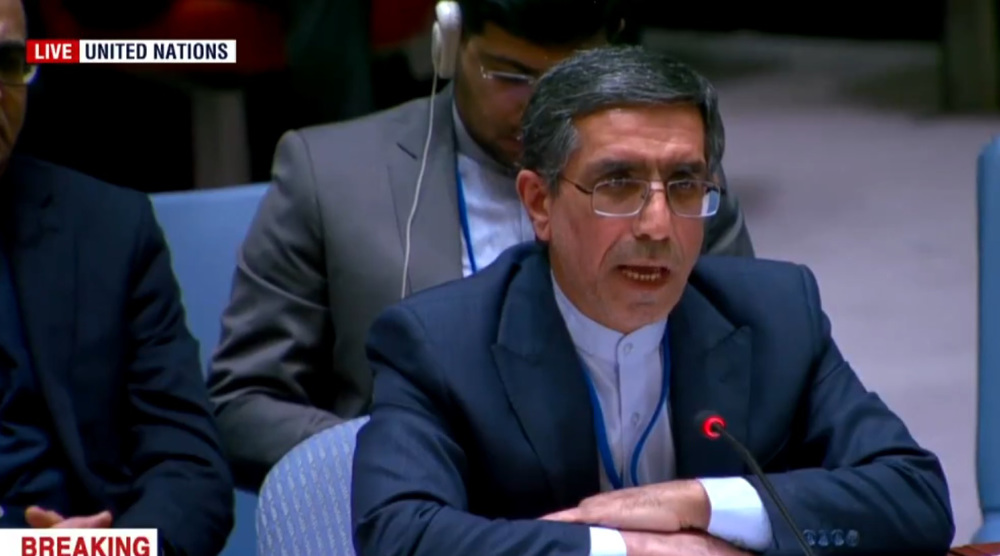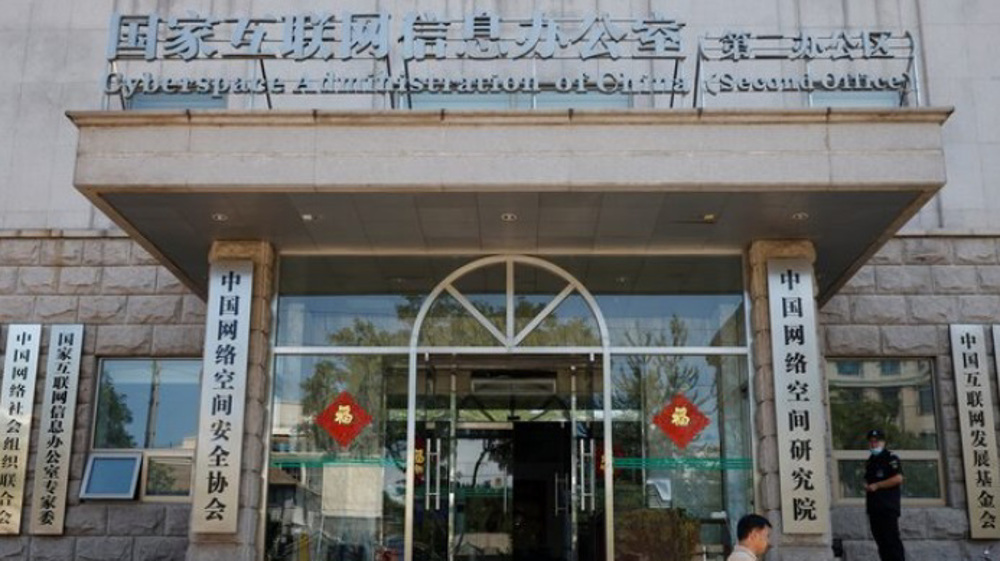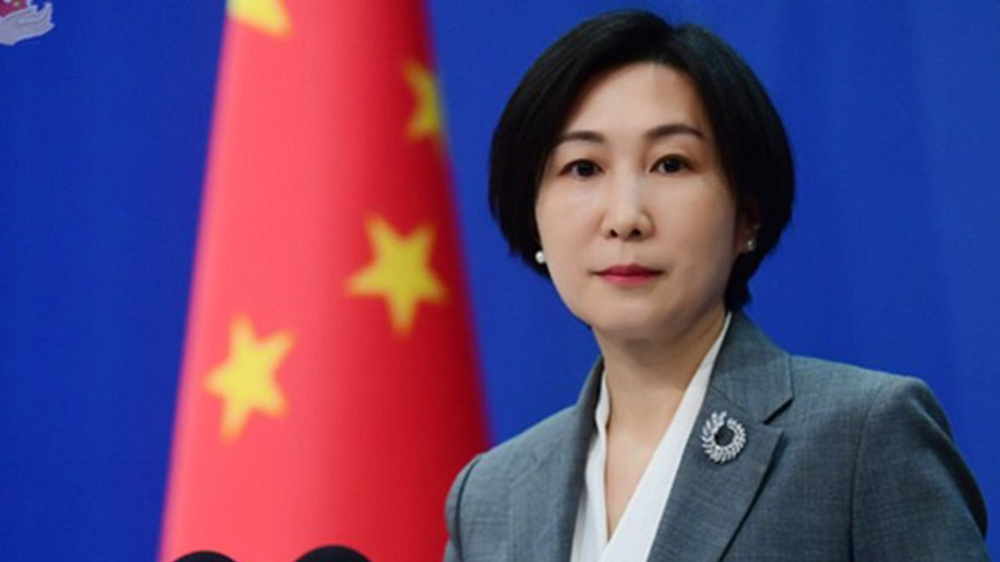China says ties with US face uncertainties
Chinese Foreign Minister Wang Yi says China’s relations with the United States face new uncertainties, as a bumpy road is expected ahead for Beijing and an apparently China-bashing future US administration.
“China-US relations will face new complexities and uncertain factors,” Wang said in an interview with the ruling Communist Party’s official People’s Daily on Thursday.
He did not explain what the complexities were but said that, in spite of them, China-US relations would remain stable if there were mutual respect for core interests.
Without naming names but in a likely reference to US President-elect Donald Trump, the Chinese foreign minister also said that a single individual would not be able to impede Sino-American ties.
“Only if China and the United States respect each and give consideration to other’s core interests and key concerns can there be long-term, stable cooperation, and effect win-win mutual benefit,” Wang said. “This is a historical trend that can’t be altered by an individual’s will.”
“Thick mountains could not stop the river from flowing into the sea,” he said, citing an ancient Chinese axiom.

A real estate mogul with no background work in government or diplomacy, Trump has been exhibiting anti-China rhetoric since before he was elected president. During his campaign run, he said he would impose much higher tariffs on Chinese imports and criticized China for devaluing its currency.
After being elected, Trump caused a ruckus when he took a phone call from Taiwan’s President Tsai Ing-wen, breaking from decades of US diplomatic protocol. Taiwan is a self-ruled territory that China claims sovereignty over. Under the so-called One China policy, most other countries, including the US since 1979, have been recognizing such sovereignty.
Trump later defended the phone call, saying he did not see why the US had to be bound by the “One China” policy unless Beijing gave certain concessions to Washington.
The phone call and the subsequent remarks prompted tough reactions from Beijing, which warned that peace in the Taiwan Strait would be at stake if Washington dropped the recognition of Chinese sovereignty over Taiwan.
But Chinese relations with the past and present US administrations have been adversarial, too, although they have been largely marked by conventional rationality.
Territorial disputes in the South China Sea between China and some of its neighbors have drawn in the US, which has invariably sided with Beijing’s rival claimants. The US has been conducting “patrols” in the disputed sea to assert what it says is its right to freedom of navigation.
Last week, China seized a US underwater drone in the South China Sea, a development that Washington called “unlawful.” Trump, who has not taken over as president yet, also joined the debate, saying online that China had “stolen” the underwater data-gathering machine. In a Twitter post, he wrote that China’s seizure of the drone had been “unpresidented,” misspelling “unprecedented.”
The seizure of the drone prompted a formal protest from the United States, but the row was resolved when China later this week returned the vehicle.
Wang said in his Thursday remarks that defending China’s sovereignty was a “sacred mission” for the country’s diplomatic apparatus. He said a priority for next year would be a smooth transition in relations with the US in order to “open new cooperative prospects.”
Pentagon readies 1,500 soldiers to deploy for Minnesota protests crackdown
US evacuation of Ain al-Asad base bolsters Iraq’s national sovereignty: Iran FM
Bogus claims, fake sources: Who ignited the flames of unrest and sedition in Iran
Trump demands countries pay $1 bn to join Gaza ‘Board of Peace’: Report
VIDEO | Trump beats hasty retreat after Iran counter-revolution attempts fail
IRGC forces arrest riot ringleaders in Iran’s Khuzestan, seize arms
Iraqi PM warns of conspiracies targeting Muslim world, threats against Iran
It is the settler-colonial Zionist entity imploding, not Islamic Republic of Iran















 This makes it easy to access the Press TV website
This makes it easy to access the Press TV website